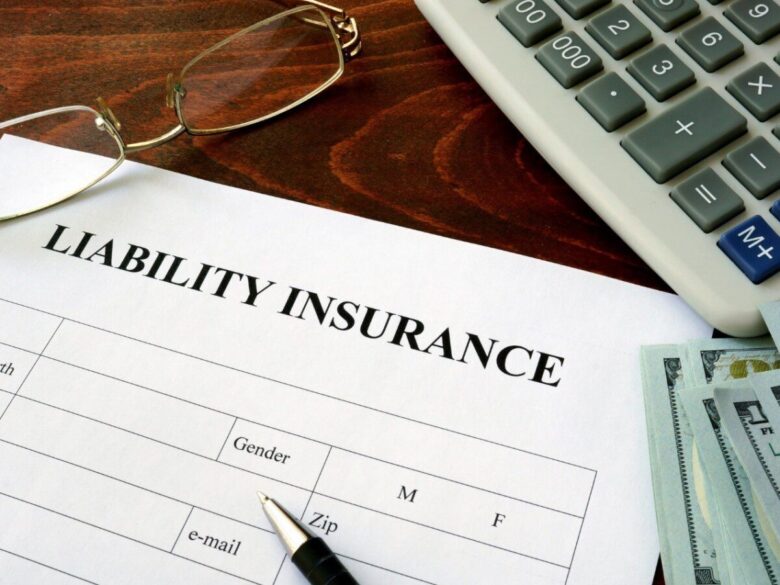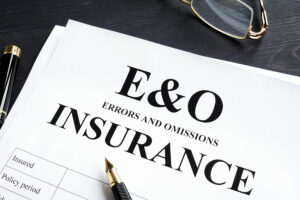Liability insurance protects businesses against claims for bodily injury and property damage, as well as legal costs arising from lawsuits.
Insurance companies assess a business’s risks and offer liability policies with various limits. Most insurers provide both occurrence and claims-made policies; with the latter typically having higher premiums but being easier to understand and administer.
Liability Limits
Liability insurance limits set the financial threshold of what your insurer will cover when responding to claims that fall within your coverage. The higher the limits you select, the more protected you’ll be. Depending on where you reside, state law may mandate certain minimum coverage limits (i.e. $50,000 per person for bodily injury and $10,000 property damage for auto policies), but higher limits can also help secure you and your assets.
For instance, if an accident results in damages worth $1 million and your liability limits only extend up to $100,000, any remaining payments would need to come from your own pocket – so it is crucial that you carefully consider your financial circumstances and determine what would work best.
As a rule of thumb, it’s a smart idea to ensure you have sufficient liability coverage in place to safeguard your net worth – which includes assets such as your house, car, personal items and cash minus liabilities incurred over time.
Homeowners insurance typically provides dwelling coverage limits that reflect how much it would cost to rebuild your home in an event of total destruction. There may also be structures coverage limits and personal property coverage limits which represent a percentage of this figure; additionally, riders may provide coverage limits specifically tailored for items like jewelry and firearms.
Medical Payments Coverage
Medical payments coverage (MedPay) is a no-fault coverage designed to cover both your own medical costs and those of passengers after an accident in your insured vehicle. MedPay may cover up to the amount that is chosen when purchasing the policy, which differs from personal injury protection (PIP), which is offered only in no-fault states or is mandated in some auto policies.
Underwriting medical expenses can also be an invaluable addition to a commercial general liability (CGL) policy for businesses, covering necessary and reasonable medical, surgical, ambulance, hospital, professional nursing and funeral costs that arise as a result of accidents at your premises or related operations.
An inexpensive medical claim under this coverage may help keep a minor incident from becoming a lawsuit, saving both parties time, money, and friendship as well as saving you the expense and hassle associated with CGL coverage claims.
MedPay may not be available in every state, and is often replaced by PIP in those that provide it. You can often add it as an optional endorsement or separate policy; its coverage extends both when driving your own car as well as passengers traveling in another vehicle; potentially including pedestrians struck by it.
General Liability Coverage
Commercial general liability insurance protects small businesses against claims resulting from third-party bodily injury and property damage claims. This may include injuries sustained as a result of slip and fall accidents on customer properties; products liability injuries from your goods and services; personal and advertising injury (such as slander, libel and copyright infringement); as many clients require proof of general insurance before signing contracts, this type of policy can be an invaluable shield against unexpected costs for small businesses.
General liability insurance is the go-to choice for small business owners looking to safeguard themselves from a variety of common risks. It provides coverage against bodily injuries incurred when visitors slip and fall at your place of business as well as damage to client furniture during relocations, legal fees, administrative costs and settlements or judgments related to nonphysical claims such as reputational harm caused by what you or an employee says about them or your business.
Limits in your general liability policy, commonly known as aggregate limits, set forth the maximum amount your insurance provider will pay out in claims during its term. It’s essential that you regularly assess your coverage needs as changes to your business operations may impact them and increase liability exposure. If additional limits are necessary, purchasing a commercial umbrella policy might provide additional coverage options.
Business Owner’s Policy (BOP)
A Business Owners Policy (BOP) is a type of commercial insurance package designed to provide financial protection against certain losses for businesses. A BOP typically bundles liability, property and crime coverage into one policy for cost savings and easier management. Available to qualifying small- and medium-sized enterprises (SME), business owner policies can often be customized further with add-on policies like workers’ compensation or cyber insurance to suit unique business requirements.
General liability coverage helps businesses shield against lawsuits resulting from such events as customers slipping and falling on company premises, or products caused damage to another party’s property. Commercial property coverage ensures equipment, inventory and office furniture against damage from fire, theft or weather events. A BOP may also include business interruption insurance to provide ongoing expenses if an unforeseen event forces temporary closure or relocation of their business.
BOPs not only bundle key coverages together, but they often offer business owners greater options in selecting higher coverage limits than would otherwise be available through individual policies. It is wise to consult an insurance professional when purchasing any policy as each business’s specific needs and risks must be assessed individually – some risks like those pertaining to business vehicles or employees may not typically be included within a BOP policy.




